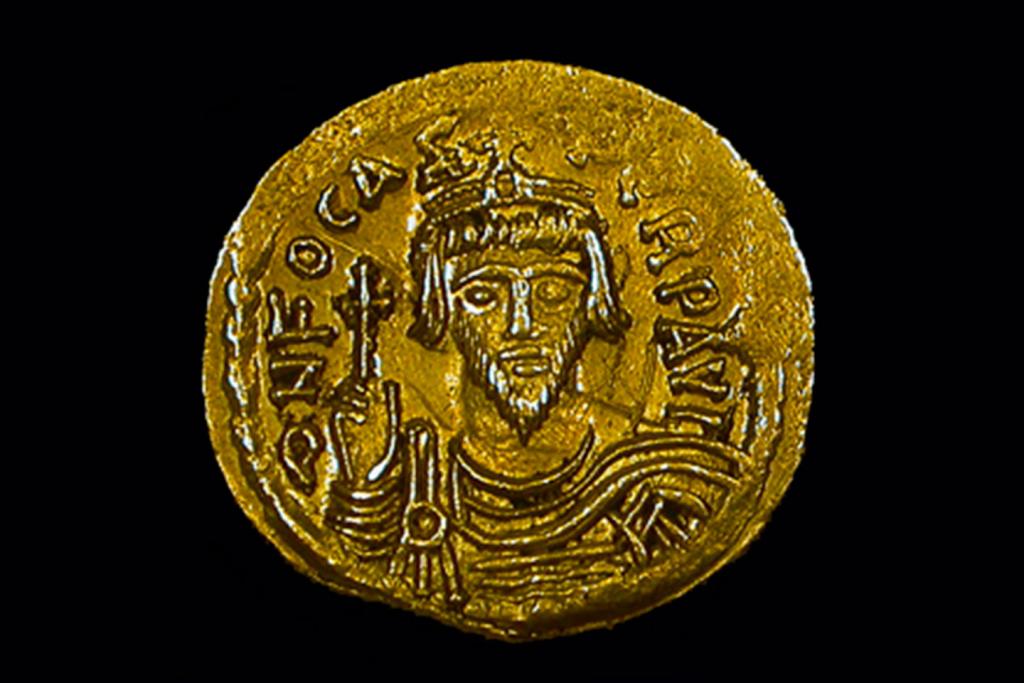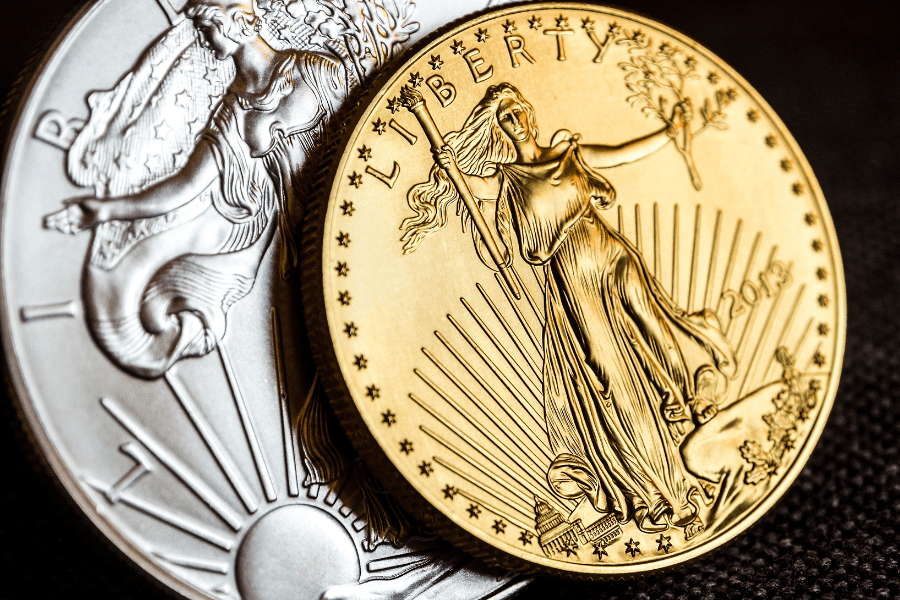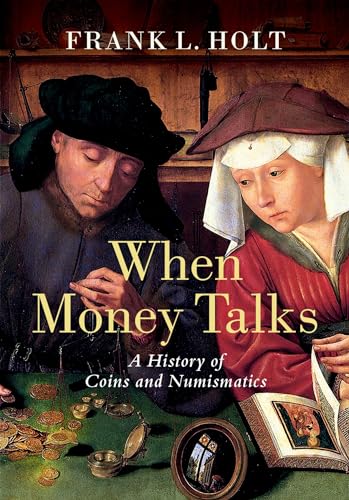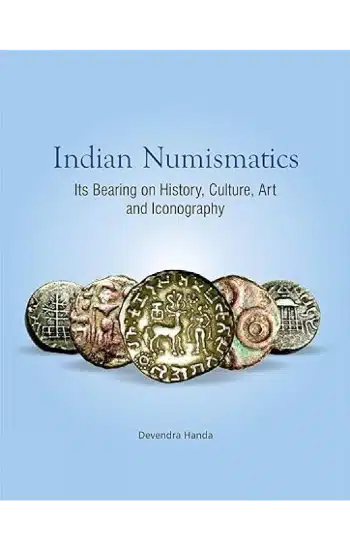Recommended Suggestions On Deciding On Zloty And Bullion
Wiki Article
How Can I Find Out About Global And Local Associations Of Numismatics Through A Database Used For Research?
This is a method that can be structured for conducting this type of study. Here is a structured way to conduct such research. JSTOR along with other repositories and databases for academics offer access to academic papers and conference proceedings.
Define Research Focus: Specify your research objectives. You may be interested in the history of the numismatic societies, their work, regional collaborations and conferences, or in particular numismatic topics discussed by these associations. Find out the purpose of your search.
Search Strategy: Keywords such as “numismatic organizations,” "global numismatics," or "regional numismatics" are useful. You can also include association names as well as geographic regions, if you want. You can use advanced search to filter your results by date, type of document (such as newsletters of associations or conference papers) and also by geographic area.
Data collection: Access information on members' mission, their history and publications of global and regional associations. Find out about past and future workshops, conferences and collaborative research projects. Search databases for details on the association's leaders, members and contact information.
Analyze: Analyze your data in order to gain greater understanding of the regional and global numismatic association's role and impact. Study the ways they advance knowledge about numismatics and facilitate international collaborations. They also distribute their findings through publications and conferences.
Cross-Referencing: Confirm your findings by cross-referencing data across multiple sources and databases. Comparing the initiatives and activities of various associations will provide you a better comprehension of the global and regional development in numismatics.
Documentation - Record your findings with a reference to the sources you employed and highlighting any methodology used. Record details about the databases used, keywords used to search, and the significance of each source to your research needs.
Keep up-to-date: Numismatics organizations are constantly evolving. This includes the release of new publications, collaborative projects and conferences. For the latest updates in the field of numismatics in both regions, keep a close eye on associations' websites as well as databases.
These steps can help you use databases to investigate the field of numismatics in relation to local and international associations. This approach enables a thorough analysis of the structure of organizations, scholarly activities, and collaboration efforts that define the numismatics field on a global and regional scale. Follow the recommended full article about coin news for site recommendations including quarter, coin release, coin society, federal reserve, currency catalog, coin book, banknote news, krona, coin grading, shekel and more.

How Do I Use Numismatics To Research Exhibitions And Show Events In An Online Database?
In order to research numismatics in relation to exhibitions and show events and exhibitions, databases are employed. These databases archive information regarding numismatic shows, exhibitions or conferences. To conduct this research, here's the best way to do it:Database selection: Choose databases that specialize in numismatic exhibitions and events. For instance, websites of a major numismatic societies like the American Numismatic Association(ANA) websites, online platforms that showcase the activities of numismatic museums around the world, or exhibition archives.
Define Research Focus: Specify your research objectives. Do you have a desire to researching the upcoming and previous numismatic shows, conferences focused on numismatics? Or regional coin shows, thematic exhibits, or educational events? Find out the best way to assist you.
Search Strategy: Use keywords like "numismatic exhibitions," "coin shows," "numismatic events," and include specific event names, places, or thematic focuses in the event that are relevant. Search results can be filtered by date, type of event (such conferences, exhibitions) or by geographical location using the advanced search option.
Data collection: Find out about upcoming and previous exhibitions and events in the field of numismatics. Details such as the dates, organizers, and locations of events, themes or collections, exhibitors participating and catalogues, publications and publications that are related to the event, etc. They can be collected. Search for databases that offer virtual tours, or access to exhibit materials in digital format.
Examine data to determine themes, trends and educational objectives for numismatic exhibits and events. Analyze how exhibitions and shows promote public knowledge of the numismatic field, encourage scholarly exchange and highlight significant collections.
Cross-Referencing - Verify the accuracy of your study by comparing information from various databases including event listings, official websites. This ensures completeness and accuracy in your research. Additionally, you will get a global view of the numismatic exhibits.
Documentation: Document all your findings, noting which sources you used as well as the methods used. List the databases used as well as the search term(s) and the importance each source offers to your query.
Keep up-to-date: Numismatics is a dynamic field, featuring numerous conferences, exhibitions, and shows. Keep up to date by keeping track of updates from the events organizers, numismatic societies and databases for specialized events.
Follow these steps to efficiently investigate numismatics in relation to exhibitions and shows. This approach allows a detailed analysis of the variety, educational values, and academic value of numismatic exhibitions and events all over the world. Check out the best uncirculated coins info for website examples including banknote album, coin mintmark, banknote holder, bank, coin show, banknote design, coin magazine, coin errors, banknote marketplace, copyright and more.

Where Can I Find Legal Experts Who Are Numismatics Experts Using An Online Database?
This type of research can be carried out in a systematic manner using databases focusing on numismatics, coinage laws as well as laws governing currency, legal precedents, and academic articles. Here is a step-bystep guide to conducting this type of research:Database selection: Choose databases that specialize in legal research and numismatic law. Additionally, select academic publications that discuss legal aspects of the numismatic field. Some examples include legal research platforms, like Westlaw or LexisNexis and numismatic law journals as well as publications from the Numismatic Society.
Define Research Focus: Specify your research objectives. Are you looking to learn about the legal frameworks and regulations that govern the currency or coinage and dispute resolution for numismatics, laws governing coin circulation and production, or understandings, definitions and interpretations of numismatic Authentication and ownership? Find out what you're trying to find in order to aid your search.
Search Strategy: Add keywords such as "numismatic law," or "legal aspects of coinage" or "numismatic conflicts," and add specific legal concepts, such as ownership, authenticity and counterfeiting, if appropriate. You can use advanced search options to filter results by date, legal topic (numismatics) and jurisdiction (national or foreign), and other factors.
Data collection: Access the legal precedents, court cases as well as legislative texts and articles pertaining to numismatic laws. Data collection: Collect information such as legal analyses of case summaries, cases and legal interpretations and historical perspectives, regarding legal issues related to the numismatics.
Analyze the data to comprehend the legal implications and difficulties in the field of numismatics. Analyze how legal frameworks affect the trade in numismatics, collection management and authentication procedures. Compare legal interpretations of different jurisdictions.
Cross-Referencing. Verify that your information is correct by referencing it in various databases. This includes legal journals, court documents, as well as academic publications. This will ensure the accuracy and completeness of your research and gives you complete coverage of the legal world in the field of numismatics.
Documentation: Documentation is essential. Use sources to cite and record the method you employed. Keep track of specifics like the databases you utilized, the search terms you used, and how each source contributes to your study.
Stay up-to-date: Lawful changes and court rulings impact the interpretation of numismatic laws. Keep up to date by reading the latest news from legal databases and publications on the law of numismatics, and updates from numismatic associations regarding legal developments.
Use these guidelines to utilize databases effectively to research numismatics based on legal experts. This approach allows for detailed investigations into the legal challenges in scholarly interpretations, as well as legal frameworks that are relevant to the field of Numismatics. Read the top read full report for rupee for website info including banknote club, banknote artist, coin marketplace, coin catalog, uncirculated, currency forum, currency history, quarter, real, numismatics and more.

How Can I Find Out More About Numismatics By Using A Database On Online Forums And Communities?
For numismatic research through online forums, you will need to find platforms that allow collectors and fans to share knowledge, discuss trends and showcase their collections. Here's a systematic method to conduct such research. For instance, forums such as CoinTalk and Reddit's r/Coins and special numismatic communities that are on social media platforms such as Facebook groups or LinkedIn.
Define Research Focus: Specify your research objectives. You may be interested in learning about current trends in collecting, or talking about specific coin types or historical periods. Perhaps you want to seek advice on the authenticity of your coins or grade them. Make clear your objectives to narrow your search.
Search Strategy: Use keywords related to the topic that you are interested in, for example "numismatic forum,"" "coin collecting community,"" "online discussions on the subject of numismatics" and keywords related to specific topics (ancient coins or contemporary coins) or keywords that relate to the topic of your study. Search functions are available on each platform.
Data Collection: Access discussions, threads, and posts in the online communities. Learn about strategies for collecting and coin identification techniques markets, personal experiences with numismatic discoveries and discussions about historic or cultural aspects of coinage.
Analysis: Review data in order to comprehend the views, knowledge and experiences of members of online numismatic communities. Examine the veracity of information by evaluating the knowledge of the contributors, the consensus among members on specific issues, as well as the quality of the discussions.
Cross-Referencing - Check the validity of your conclusions by comparing information from multiple communities and forums. Compare insights from multiple platforms to get an objective view of collecting information, market sentiments or expert advice from numerical communities.
Documentation. Document your findings by consistently citing threads or discussions and contributing authors as needed. Note the most important information along with trends, opinions, and other information in online forums.
Participate Be Active: Ask questions and take part in discussions to gain insight and build connections with fellow members of the numismatic community. Keep up-to-date with the latest threads, replies, as well as announcements to keep abreast of the latest discussions and trends.
These steps will help you effectively conduct research on numismatics by using online forums and community sites. This technique allows you to tap into an array of information and knowledge from a wide collection of experts and collectors. They will provide you with useful insights and perspectives on different aspects of coin collecting and identification. View the most popular gold coins hints for website advice including proof coins, coin forum, currency grading, coin engraving, banknote dealer, penny, czech coins, banknote, mint, rial and more.

How Can I Utilize A Numismatics Database To Research Technology Providers Regarding Numismatics?
To conduct research on numismatics related to technology providers, you can use databases that concentrate on developments in numismatic technologies including digital imaging system as well as authentication technology and digital catalogue tools. An organized method is offered to assist you in conducting this type of research. Examples include industry reports, company websites, numismatic technology forums, as well as publications from numismatic societies focusing on the latest technological advances.
Define Research Focus: Specify your research objectives. Are you looking to learn more about coin imaging systems, advances in authentication technology such as the X-ray fluorescence or spectroscopy? digital catacopyrightg tools, or ways to identify fakes? Clarify what you are seeking to know in order to guide your research.
Search Strategy: Use keywords such as "numismatic technology companies," "coin imaging systems," "authentication technologies for coins," and include specific technologies or companies (such as digital imaging companies and manufacturers of authentication devices) when appropriate. Utilize advanced search to search results according to date, technology type and sector of industry.
Data collection: Access details on technological advances and advancements in numismatics. Data collection: Get information about technological innovations and advancements in numismatics.
Analyze your data to determine the effects and capabilities of technologies offered by different companies. Evaluate how these new technologies will improve authentication, increase catacopyrightg efficiency and aid in research on numismatics.
Cross-Reference Information: Confirm that your information is accurate and complete by comparing it to other databases, reports from industry or websites of technology companies as innumismatic magazines. This guarantees accuracy and completeness in your research, and gives insight into the wide array of technology solutions for numismatic applications.
Documentation: Documentation is important. Note sources and the methods used. Notate the database names as well as the search terms and relevancy of each source to your study.
Stay updated Numismatics technology is constantly evolving, with improvements in authentication, digital catacopyrightg, and imaging. Keep yourself up to date by reading the latest news from technology companies as well as industry reports and Numismatic magazines to stay up-to-date with the latest developments.
Databases are a great way to study numismatics with regard to the technology suppliers. This method allows for a thorough investigation of the technological advances that affect authentication, catalogueing, and research abilities in the numismatic field, giving insights into the impact technology has on numismatic scholarship and practices. Check out the most popular zlatemince.cz czech precious metals for more tips including coin storage, numismatic investment, legal tender, bullion, banknote album, coin society, rand, coin, lira, banknote grading and more.
